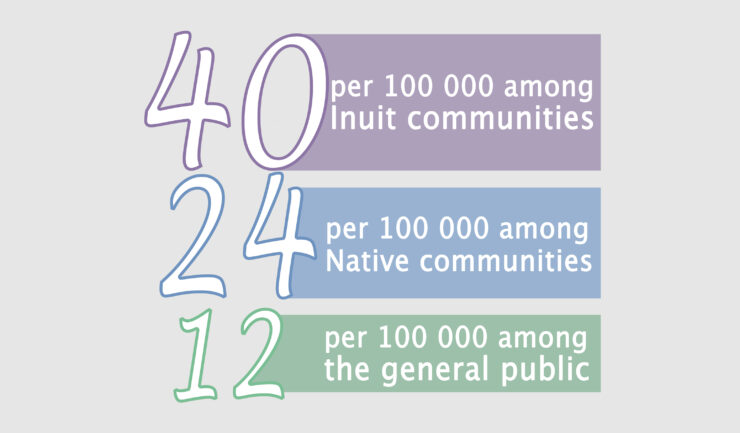Growing adolescents consuming excess protein are damaging their bodies, not building them
Every year, the rapidly approaching summer induces swathes of people to obsessively work on their bodies in hopes of being beach ready in a hurry.
For some people, this involves long sessions of pounding weights at the gym followed by hundreds of dollars in protein shakes to ‘bulk up’.
The recommended protein intake for Canadians is 0.8 grams per kilogram of body weight, so the average male who weighs 180 pounds should consume approximately 65 grams of protein per day, while the average female who weighs 150 pounds should consume approximately 54 grams of protein per day.
The commonly held belief is that the process of turning fat into muscle will be sped along by consuming more protein. With the explosion in popularity and availability of protein powders and shakes, there is more temptation than ever for people to use and abuse these fitness supplements.
However, this ultimately begs the question, are these fitness-conscious folks putting too much protein in their bodies?
High-protein diets can often be excessive and intense when employed by novices, and some of these regimens can cause serious health risks. A recent article in the New York Times highlighted that based on self-reports, males in late adolescence and young adulthood are eating significantly more protein than recommended.
First, eating too much protein can lead to weight gain. Regardless of what you eat, the most important thing to consider is your caloric intake. A 2012 study tested this theory out on 25 people of ‘normal weight’. Each participant was overfed by 40 per cent of their recommended daily calorie intake and participants were either given low-protein, recommended intake, or high-protein diets for eight weeks.
The results showed that those on the high-protein diet gained 13–14 lbs in comparison to those with the low protein diet, who only gained 7 lbs.
Second, eating too much protein can have dire effects on your kidneys. Diets high in protein can often leave people dehydrated as the kidney goes into overdrive to filter out the nitrogen from the protein.
Many body building websites like BodyBuilding.com and MuscleandFitness.com remain skeptical about the perceived risks of high-protein diets. They maintain that they are fine as long as they are accompanied with an active lifestyle—in other words, if you sit around a desk all day, then a high-protein diet probably isn’t for you.
It should go without saying that the key to a healthy body is a healthy and well-balanced diet, but it’s too easy to take nutritional guidelines verbatim. It’s important to remember that different bodies absorb nutrients differently.
Metabolism, the process by which your body breaks down nutrients to obtain energy, varies from person to person, so it’s a good idea to know your body before trying any drastic diets.
Although it’s important to want the best for your body, it’s much better to be realistic in your routines and not chase a size and lifestyle that could do more damage than good.





